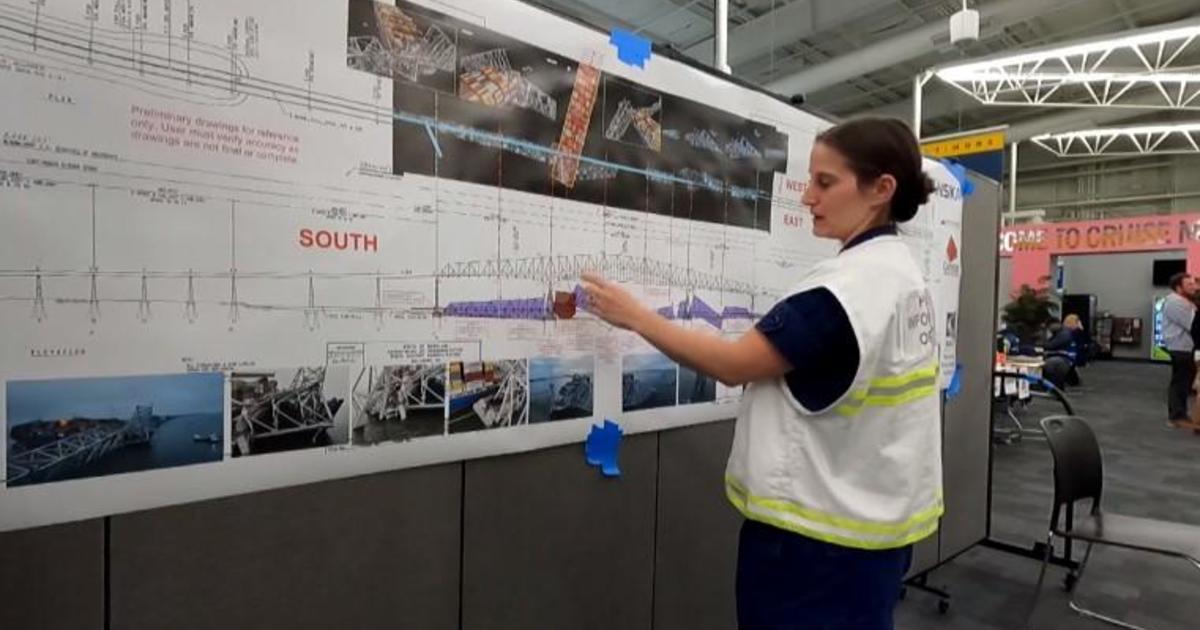Md. Audit Released On Health Exchange Problems; State Health Secretary Testifies
ANNAPOLIS, Md. (AP) -- Maryland auditors who examined the state's badly flawed health exchange website were given redacted documents to review and produced a report that is limited and provides an incomplete understanding of the development of the site, the state's legislative auditor wrote.
Thomas Barnickel, the state's legislative auditor, wrote that about 26 percent of the documents were redacted. Procurement documents were "heavily redacted," he wrote in a letter accompanying the report.
In his letter, he wrote "Our observations are based on our understanding and interpretation of the information in the documents reviewed. Because of the limitations of this review, we do not believe our observations provide a complete understanding of the processes employed and decisions made ..."
He added, "Generally, we were unable to determine who the key decision makers were, and what decisions were attributable to them." He made a presentation about the audit to a panel of lawmakers Thursday.
Auditors received 416 documents totaling 14,551 pages. Asked at a legislative hearing whether he sought documents that were not redacted, Barnickel said no, "because our charge was to just look at the documents that were being supplied to the public."
Dr. Joshua Sharfstein, the state's health secretary, told a legislative oversight panel that the health department provided what was asked, and the redactions were developed in consultation with the attorney general's office.
"We provided exactly what we were instructed to provide to the auditor, and we were asked to provide information that would be made available to the public."
However, Barnickel wrote, "We also do not know whether we received all documents that (Maryland Health Benefit Exchange) made available to the Public."
Maryland's health exchange website crashed almost as soon as it opened on Oct. 1. On Tuesday, the board of directors for the exchange decided to replace technology instead of fixing the current system or partnering with the federal health care exchange. Maryland will adopt technology developed by Deloitte Consulting that has proved successful in Connecticut.
The Maryland audit was released on the same day that Maryland's health secretary testified before a congressional panel in Washington, along with officials from other states that had trouble with their exchange websites.
"We made a major misjudgment in retrospect initially in adopting a strategy of trying to buy commercial off-the-shelf software that could be configured for the purpose of the Affordable Care Act instead of building something specifically for this purpose," Sharfstein said. "The products that were advertised as being ready actually were defective and deficient. This caused immense frustration for consumers and at certain points made us wonder whether anyone would be able to enroll."
Sharfstein said this week that Maryland has enrolled about 60,000 people in private health plans in the first enrollment period that ended Monday. The state initially aimed to enroll 150,000 in private plans. Gov. Martin O'Malley has tried to offset the disappointing numbers by highlighting higher numbers of Medicaid enrollments through the federal Affordable Care Act. Sharfstein said Tuesday that 232,025 had enrolled in Medicaid. That, Sharfstein said, would push the state beyond its goal of enrolling 260,000 total people in the first enrollment period.
Sharfstein said the federal government awarded Maryland about $180 million to build its exchange. He said about $129 million has been spent.
However, Sharfstein was criticized by U.S. Rep. Jim Jordon, R-Ohio, during the congressional hearing in Washington, when the health secretary mentioned a revised goal of enrolling 75,000 people in private plans instead of 150,000. Jordan said the U.S. Centers for Medicare and Medicaid Services still had Maryland's goal down as 150,000 enrollees in private plans.
"How convenient," Jordan said. "Right? The federal government gives you $180 million, they say 150,000 you need to meet. You see you're not going to meet that, you get someone to give you a revised number and suddenly: `Oh, now we're close.' Defining the standard down is what it sounds like to me."
Sharfstein said the initial 150,000 estimate was made in error. He also said the higher Medicaid enrollments are significant.
"I don't consider the Medicaid individuals to be invisible, Mr. Congressman," Sharfstein said.
(Copyright 2013 by The Associated Press. All Rights Reserved.)



